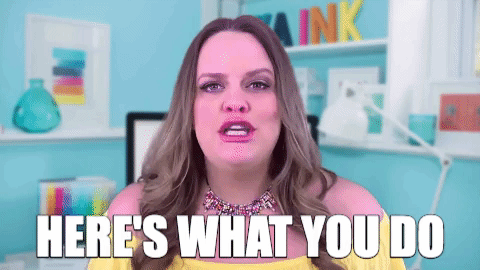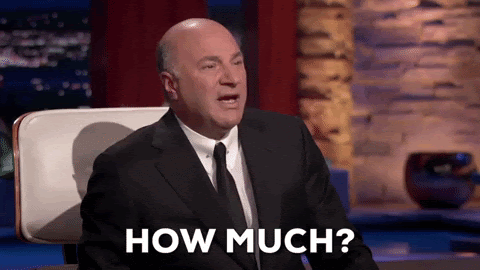Purchasing a home is typically the biggest financial decision someone will make in their lifetime. It’s important to be wise during this time and to also know your options as you embark on that journey.
One aspect of being a homeowner is having the option at a later date to refinance your mortgage. Why would someone want to do that?
As a homeowner, you do not have to pay the same amount of money every month for 30 years if you play your cards right! Although, the monthly payment is just one reason why refinancing is a solid option.
There are many reasons why someone would want to refinance their mortgage. You can lower your monthly payment, get a better interest rate, and even change the type of loan that you have. When you refinance your mortgage, depending on your situation, you can really make your home work for you instead of feeling like you are at the will of your mortgage!

So, what does it actually mean to refinance?
Refinancing your mortgage means that you get a new loan for your home. This new loan pays off your original mortgage and replaces it with the new one, as well as a new monthly payment.
Like we mentioned above, there are various reasons why refinancing is a great option. An additional reason would be taking someone off the loan, for instance in the case of a divorce. A cash-out refinance is also very common, this is where you can take advantage of the equity that has been built up over time and essentially use it as cash.
What is the process?
The process of refinancing is almost exactly the same as when you purchased your home with your original mortgage, but it is typically less complicated.
The steps are the same and usually takes 30-45 days for it to be completed.

Step 1 – You’ll apply. Most likely, you’ll need all the same paperwork as when you initially purchased the home, but it needs to be relevant. For example:
- Two most recent pay stubs
- Two most recent W-2s
- Two most recent bank statements
Your lender will also take a look at your assets, DTI, income and credit score. Sounds familiar, right?
Step 2 – Lock in your new interest rate. We can hear your excitement. This is a big deal!
Once you’re approved for the loan, you’ll have the option to lock in certain interest rates so it doesn’t change before the loan closes. Make sure you discuss this with your lender and verify that it is indeed a locked-in rate.
Step 3 – Your loan goes to underwriting. This is where all of the information you provided will be verified to make sure you are good for your loan!
Step 4 – The home appraisal! This is where you find out how much your home is worth. If the home’s value is equal to or higher than the loan amount you want to refinance, it means that the underwriting is complete. If it comes back lower than expected you can either decrease the amount of money you want out of the refinance, or cancel your application.
Step 5 – You close on the loan. Closings on a refinance are typically shorter than regular home purchases, so you’re in luck! This is when you’ll sign your closing documents, pay any out of pocket fees that were not rolled into your loan, or you receive your cash from your cash-out refinance after the closing.
3-Day Grace Period
Once the final documents have been signed, you will get a 3-day grace period that will allow you to get out of the loan completely if anything happens. You can exercise your right of rescission to cancel any time before the 3-day grace period ends. We think that’s the best part about a refinance!

How Much Does It Cost?
Refinances typically cost 2-3% of the entire loan amount. There are circumstances where you won’t have to pay any closing costs at all though. Ask your lender about a no-closing-cost-refinance which does not require you to bring any money at closing!
When Should You Get a Refinance?
Everyone’s situation is different and a refinance will not always be the answer. Some key factors to consider are the housing market, interest rates, your current finances, and the physical state of your home.
If you have a lender that you trust, consult them! Ask them what the housing market is like. This will determine if the value of your home is worth getting a refinance. Lenders are also the perfect resource to ask about interest rates, if rates are at an all time low, it would be wise to take advantage of it.
Call Volunteer today to discuss what is the best option for you and if now is a good time to refinance! Hint, hint…rates are actually quite low!!

